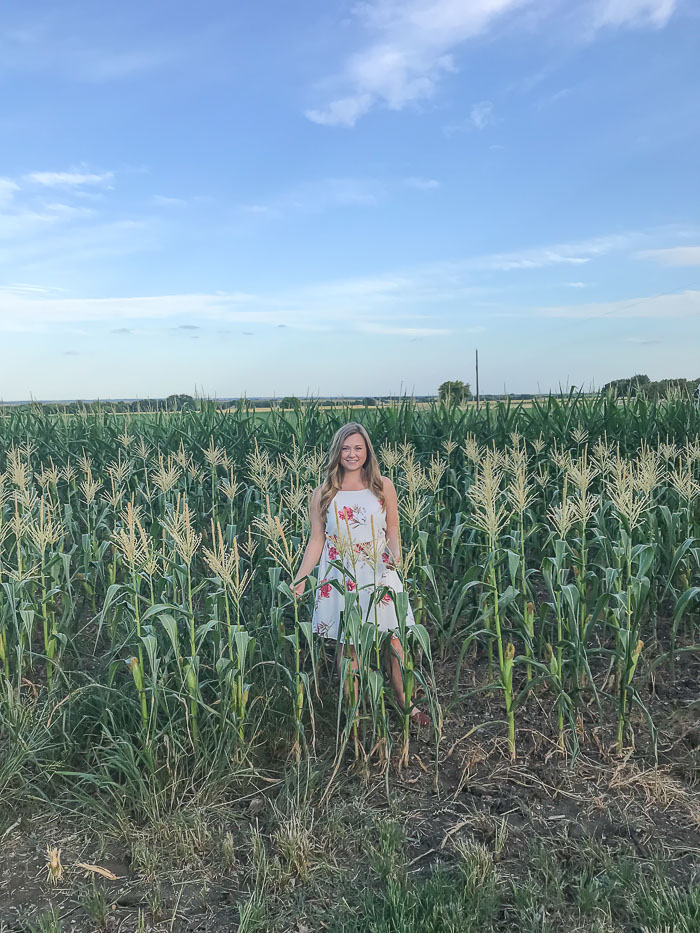 I spent an evening with a real farmer talking about GMOs and what they mean for the future of our food. What he and his family had to say might surprise you!
I spent an evening with a real farmer talking about GMOs and what they mean for the future of our food. What he and his family had to say might surprise you!
This post is sponsored by Water Grows Initiative, which is a partnership of Texas Corn Producers with USDA – Natural Resources Conservation Service (NRCS) in Texas.
I was invited to this year’s Field to Fork event in Hillsboro, TX where I had the opportunity to meet and eat with several farmers at the Shronk Family Farm. I cannot tell you how gracious this family was and what a genuinely great time I had at the dinner. I met so many wonderful farmers from around the state of Texas and even was introduced to the all female farmers group Common Ground. I was excited to learn that there is a vast network of women farmers, ranchers and even wine growers that are learning from and helping each other!
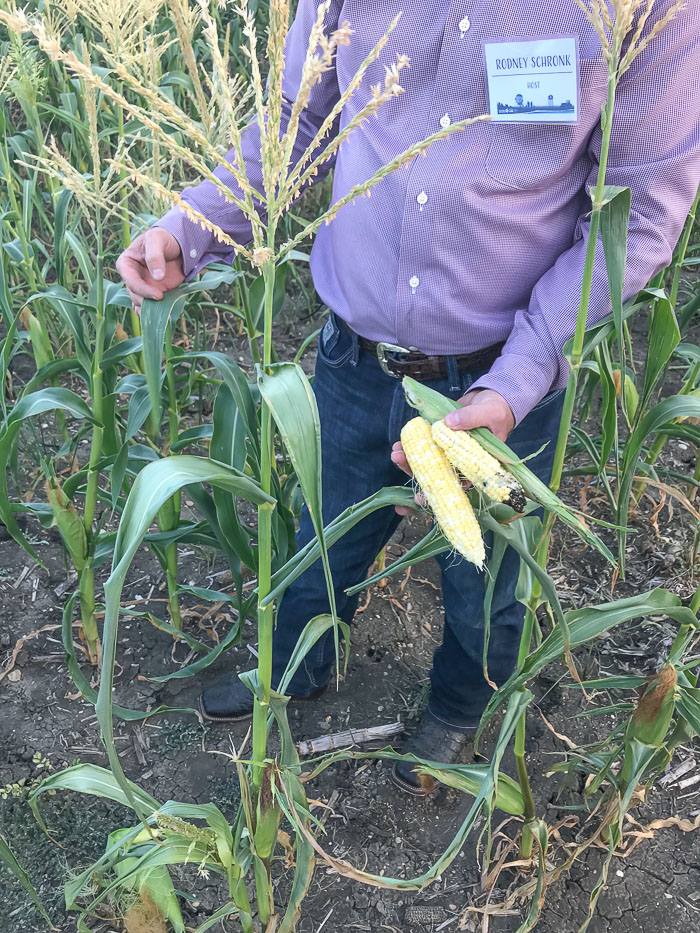 Prior to this dinner, I had never actually sat down and talked with a real farmer about the differences between organic produce and produce grown using GMOs. Rodney Shronk walked us through his corn fields and talked about the differences and showed us ears grown conventionally and those grown using GMOs.
Prior to this dinner, I had never actually sat down and talked with a real farmer about the differences between organic produce and produce grown using GMOs. Rodney Shronk walked us through his corn fields and talked about the differences and showed us ears grown conventionally and those grown using GMOs.
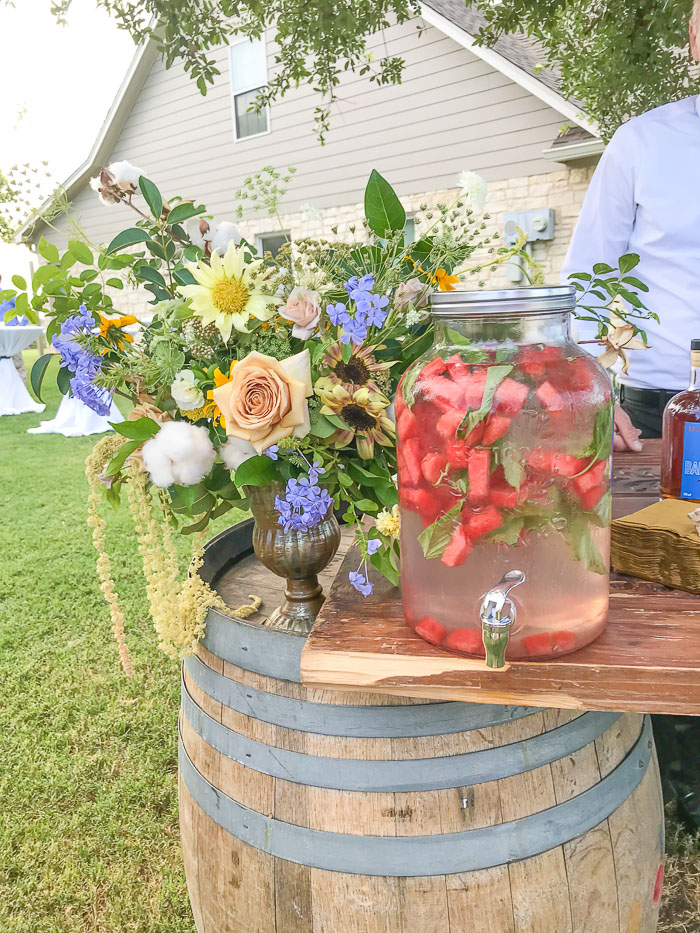 I Talked With A Farmer About GMOs, Here Is What I Found Out
I Talked With A Farmer About GMOs, Here Is What I Found Out
Rodney explained that produce grown using GMOs actually require less water and less pesticides to grow. I found that really interesting. I also learned that while the Shronk family only farms about 6,500 acres (that’s really small in farm speak!) they are considered a corporate farm. Most farmers actually only own a portion of the land they farm and rent, or for lack of better term share crop, additional acres from other families. The money made from those crops is then split up between the farmers and the land owners.
 There is so much information about organically grown vs genetically modified produce. My suggestion is to go to a farmers market and talk with a real farmer! See what they have to say. There is even this recent article from the Wall Street Journal that discusses the changing landscape surrounding generically modified crops.
There is so much information about organically grown vs genetically modified produce. My suggestion is to go to a farmers market and talk with a real farmer! See what they have to say. There is even this recent article from the Wall Street Journal that discusses the changing landscape surrounding generically modified crops.
If you could ask a farmer anything, what would it be?
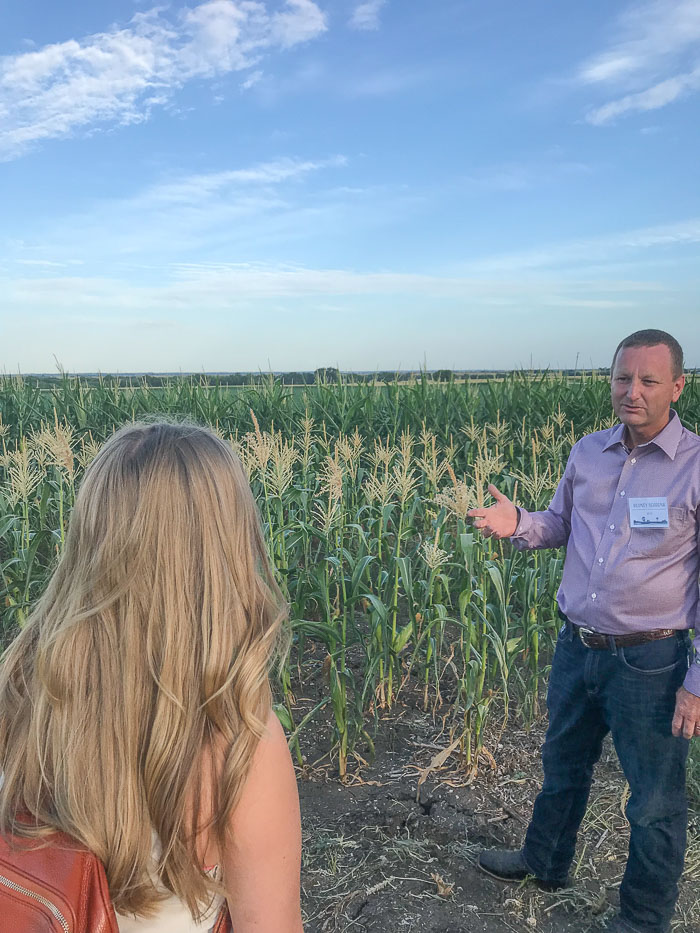
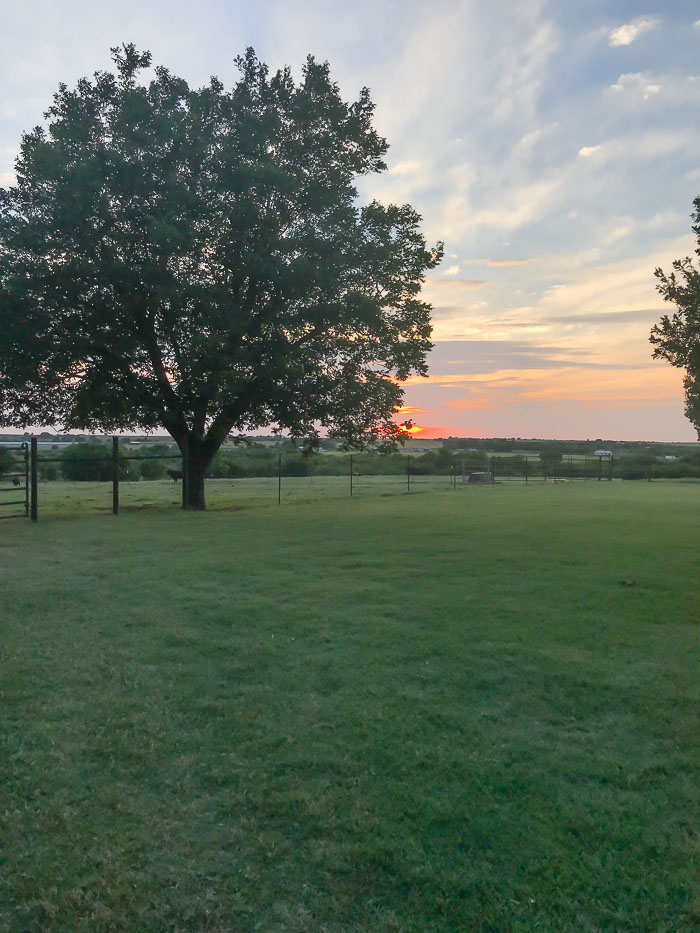
Leave a Reply